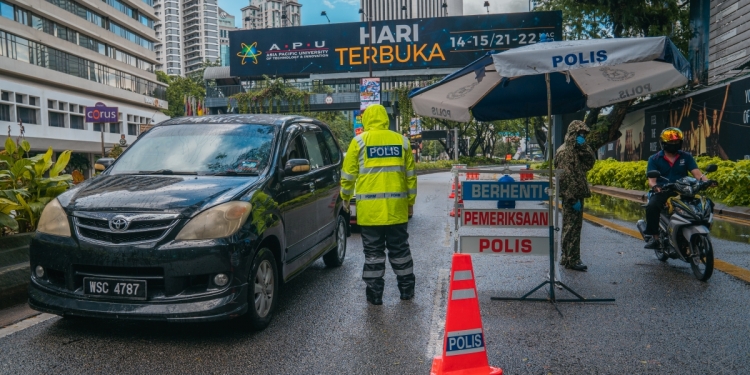Malaysia has been under movement control order (MCO) for 35 days and it is tentatively scheduled to end on the 28th of April, which is just a week away. For the past few days, the number of new COVID-19 cases have dropped below 100 which is encouraging and it is an early indication that the MCO has helped to reduce the spread of the disease. The health director-general, Datuk Dr Noor Hisham Abdullah has shared that several boxes need to be ticked before the Malaysian government can decide whether or not the MCO can be lifted.
1. Controlling our borders
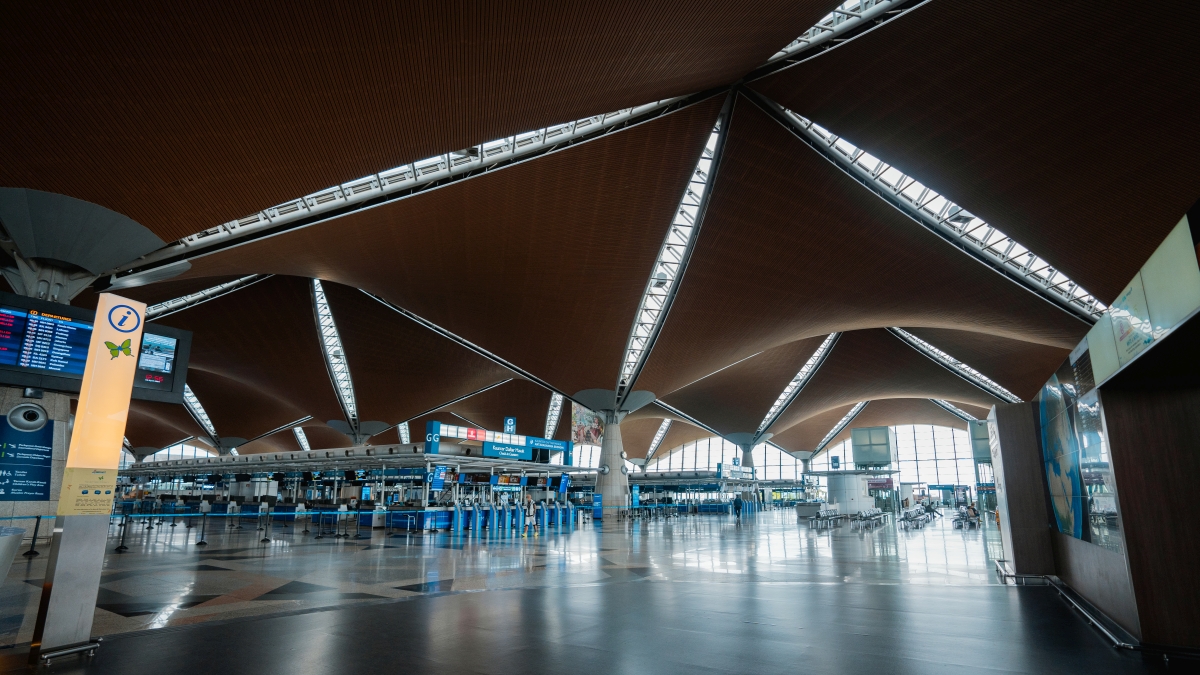
The health D-G said, “If we open our borders then people will start coming in and there’s a big possibility they may have the virus”. At the moment, all returning Malaysians from overseas have to undergo mandatory quarantine at various centres including hotels. Meanwhile, our borders are currently closed to all tourists and foreigners.
At today’s update, it was shared that 95 positive cases were recently detected among Malaysians that travelled from overseas. 68 came from Indonesia, 12 from the UK, 5 from Singapore, 4 from Turkey, 3 from the Netherlands, 2 from the United States and 1 from France.
Looking at the global situation, we would probably need to continue the same restrictions on arrivals to ensure that we can control the number of imported cases. The mandatory quarantine is seen as a more effective measure to curb the spread of COVID-19 by returning citizens.
2. Ability to control infections
The next criteria are measures to control the disease. With the current MCO, Malaysians are ordered to stay at home so that they cannot spread or infect others. According to Dr Noor Hisham, the government can seriously consider lifting the MCO once the number of daily cases starts to fall within the single-digit range.
3. Healthcare system capability
The third criteria is having a good health system with improved testing capabilities. He said this covers the capability of our labs to conduct tests and whether we have enough wards and intensive care units for treating patients. He also explained that we must also be able to raise the detection standards from 48 hours to 24 hours or less.
4. Protecting high-risk and vulnerable groups
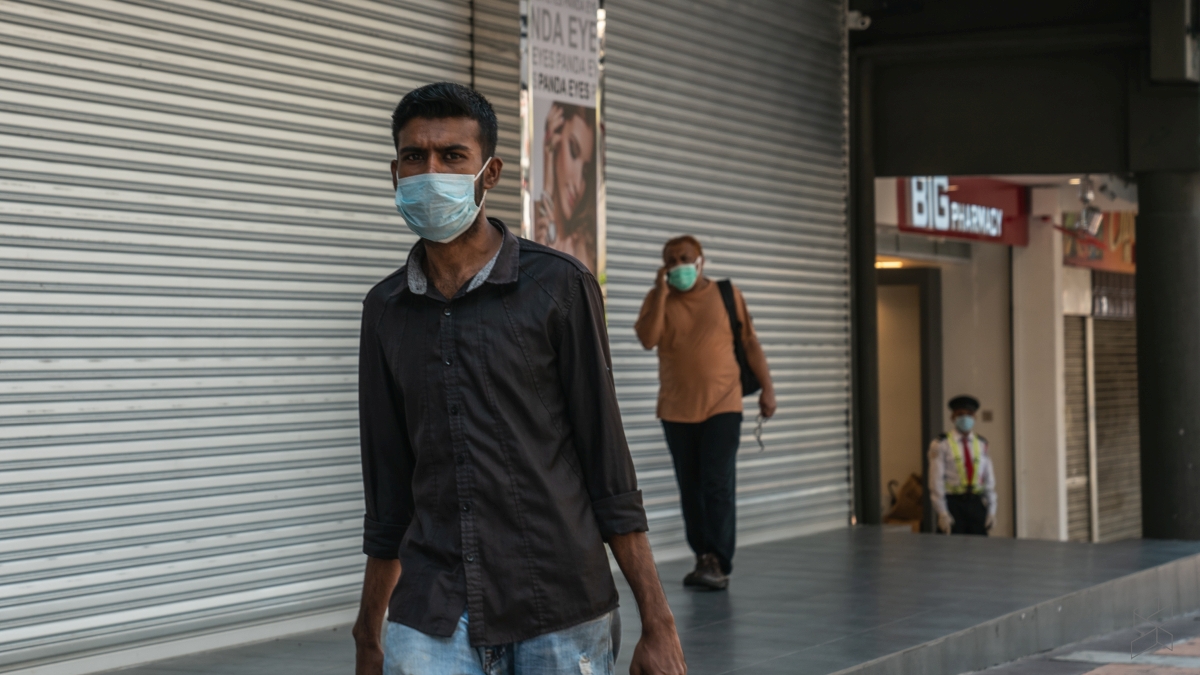
Next is Malaysia’s ability to look after high-risk groups, especially the handicapped, elderly and those with co-morbidity illnesses. This would also include those that are currently receiving treatment at hospitals such as chemotherapy.
5. Ensuring social distancing and good hygiene practices
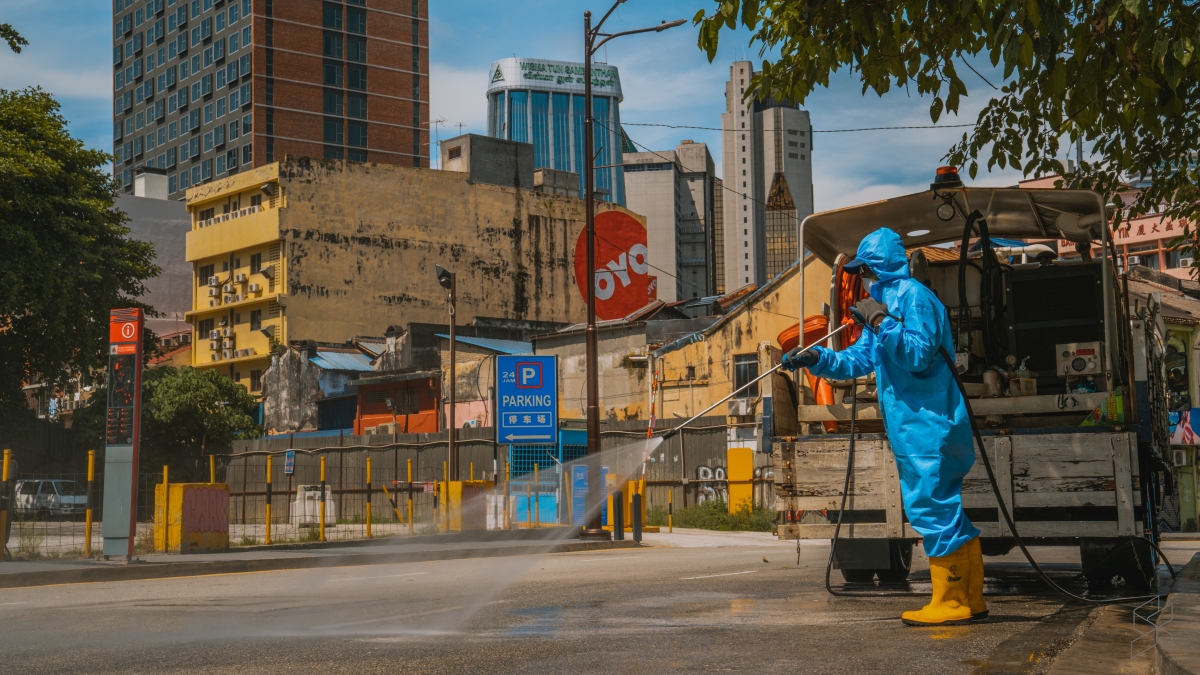
Once the MCO is lifted, the big question is whether the general public can adhere to the new social norms? Malaysians will have to continue to practise social distancing for an extended period of time and this could mean the prohibition of any public events or gathering. Dr Noor Hisham said the government needs to study this and to instil in Malaysians’ minds that we need to practise social distancing, washing hands frequently and to avoid crowding around each other moving forward.
6. A community effort for prevention
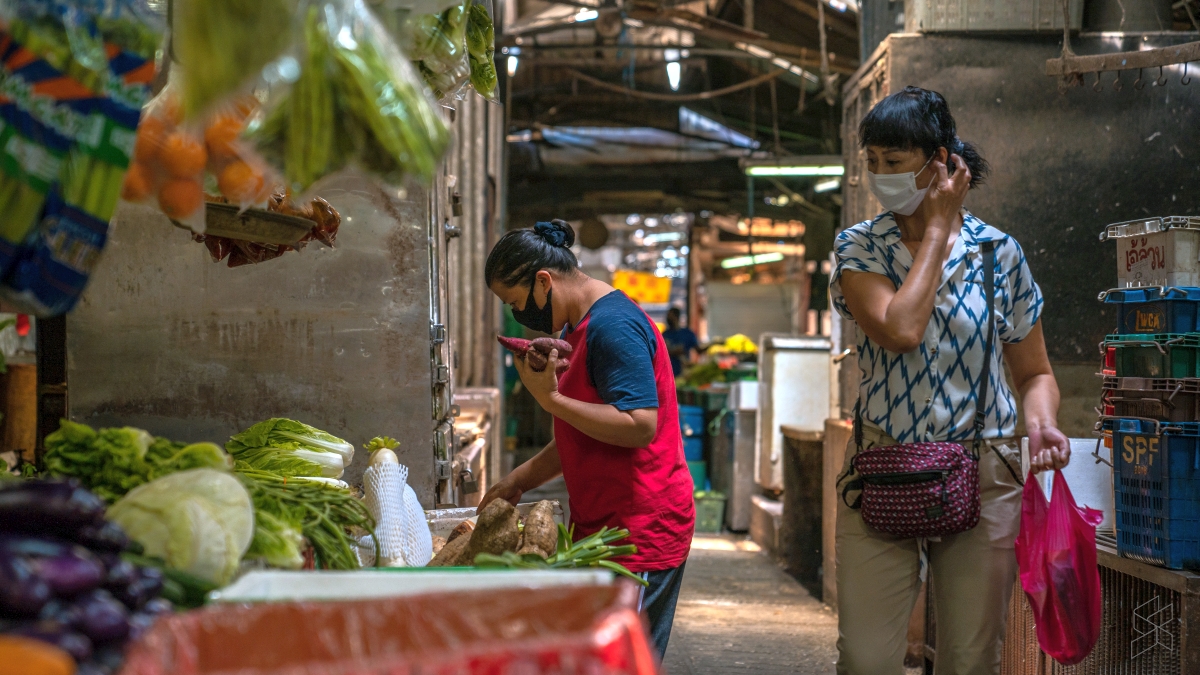
He also added that the most important criteria that we must look at before lifting the MCO is identifying areas that are infected by COVID-19 and to get the community to work with MOH and relevant authorities to ensure that the virus doesn’t spread again. Dr. Noor Hisham said a framework will be required for everyone to work with and aim for a “soft landing” as our exit strategy.
As of today, there are 5,482 cases with 92 deaths reported so far in Malaysia. 3,349 or 61.09% have recovered and there are currently 2,041 active cases still receiving treatment. At the moment, 43 are currently in ICU while 27 cases are requiring respiratory support.
[ SOURCE ]

